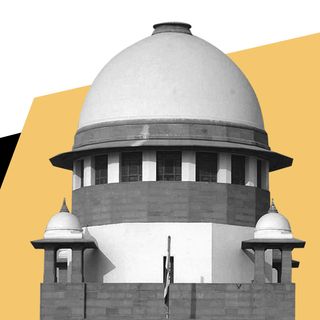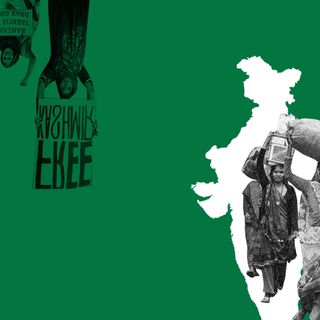A Bengaluru Sessions Court barred 68 media houses from putting out so-called defamatory content against six ministers in the Karnataka Government.
This move comes after the six ministers — Shivaram Hebbar, B.C. Patil, H.T. Somashekhar, K. Sudhakar, Narayan Gowda, and Bhyrati Basavaraj — approached the civil court with apprehensions over possible defamation after a fellow minister, Ramesh Jarkiholi, resigned over a sex scandal. According to the viral video, Jarkiholi asked for sexual favors in return for a government job. He resigned after media scrutiny but maintained that the allegations were untrue.
After the allegations against Jarkiholi surfaced, the media hinted at the existence of 19 different such videos involving ministers and Members of the Legislative Assembly.
In a joint statement, the ministers further speculate that the videos in question might be deep fakes. They said, “On the basis of such false news being telecasted, members from the respective constituency of the plaintiffs have started calling them and presuming their involvement in such sex scandals. Family members of the plaintiffs are being put into embarrassing situations. Recently, by a process of deep fake using artificial intelligence, videos of worldwide politicians such as Barack Obama, Queen Elizabeth have been morphed and have gone viral. Similar videos of some Indian politicians have also been made. Innocent people who are unaware of such a process tend to believe the videos and its contents to be true. Therefore, Plaintiffs apprehend that by using fake C.Ds. their reputation would be harmed.”
Related on The Swaddle:
Twitter Founder Jack Dorsey Announces Platform‑Wide Ban on All Political Advertising
The court granted their appeal, stating that, “Media is considered to be the fourth pillar of our democracy. At the same time, plaintiffs have right to be protected against their character assassination on the basis of unverified material.”
The sessions judge D.S. Vijaya Kumar further remarked, “I am of opinion that the media should walk an extra mile to get news and its source verified through legally admissible process, whereupon it should be ready to shoulder responsibility for such news items and then publish or telecast the same, so as to advance the cause of freedom of expression as well as right of the citizens to know about public affairs.”
Previously, Jarkiholi had also approached a civil court for a temporary gag order against 69 media organizations, stating that his reputation will be irrevocably damaged if the media continued broadcasting his private affairs. On March 4, the court granted the temporary gag order.




